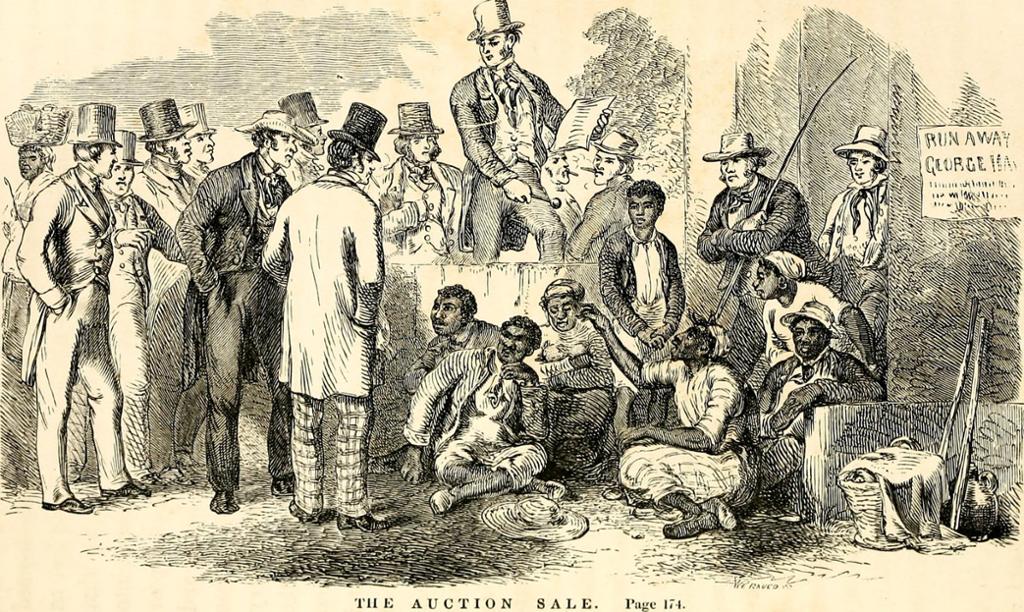An Introduction to Uncle Tom's Cabin by Harriet Beecher Stowe

According to legend, President Lincoln met Harriet Beecher Stowe during the American Civil War and declared: "So you are the little woman who wrote the book that started this great war." It is unclear whether President Lincoln ever uttered those famous words; it is nevertheless true that the novel made a great impact at the time it was published. It profoundly changed many readers' views of slavery and built support for abolitionism.
Harriet Beecher Stowe was very offended by the passage of the Fugitive Slave Bill in 1850, which required northerners who were protecting runaway slaves to return them to the South and to slavery, and she decided to write a book to combat the bill.
In the slave-holding American South, the book was met with outrage. The novel was described as criminal and slanderous. In Mobile, Alabama, a bookseller was run out of town for selling the book. The author received abuse and threats and was sent a package containing the severed ears of a slave. Several Southern authors wrote their own books glorifying slavery as a response to Uncle Tom's Cabin.
Critics claimed Stowe did not know her subject matter, as she had never stepped foot on a Southern plantation. Stowe countered by saying her writing was based on stories she had been told by runaway slaves in Cincinnati. Stowe also wrote a book called A Key to Uncle Tom's Cabin where she cites real-life equivalents to the stories told in the book. Like the novel itself, A Key to Uncle Tom's Cabin became a bestseller.
The novel's full title is Uncle Tom's Cabin; or Life Among the Lowly. The novel tells the story of Tom, who is slave. Tom is a devout Christian. In the novel, we see how Tom is passed from one master to another. Some treat him well, others mistreat him. Whatever the situation, Tom tries to live a life true to his Christian ideals. We also encounter other slaves, who react to their slavery in different ways than Tom does. Some collaborate with their masters in abusing other slaves, some try to run away and use violence to stay free, some are happy and indifferent to their situation.
There are several white characters in the novel. There is a little girl who offers Tom true friendship, a slave owner who holds him in high regard as a 'good slave' but sells him to an uncertain fate to cover debt, a slave owner who violently attacks him, and the son of a slave owner who wishes to free him. These different characters help expose the hypocrisy and violence of the slavery system.
Today 'Uncle Tom' is used as a slur to describe a Black person who is considered to be excessively obedient or servile to white people. This slur stems from stage adaptations of the novel, where the ending was replaced by happy endings that showed Tom reaching an understanding with the people who enslaved him. In these plays Tom is presented as a Black man who will betray other slaves in order to keep his masters happy. This is very different from the Tom we meet in the novel, who heroically gives his own life to save others.
Teaching Uncle Tom's Cabin in schools today can be problematic as the derogatory terms and racial slurs, for example the n-word, is used throughout the novel. A criticism of the book has also been that the Black characters are caricatures, rather than round, dynamic characters. In her descriptions, Stowe often relies on racial stereotypes. It is also clear from letters Stowe wrote that she did not believe in racial equality. She believed that slaves who were emancipated should be sent to Africa.
On the other hand, few novels have had as great a historic significance as Uncle Tom's Cabin. Reading the book gives readers a clear idea of what slavery was like, and how unjust and terrible it was. Therefore, the book continues to be taught in schools in the United States and all over the world.
Relatert innhold
Uncle Tom's Cabin is a novel by Harriet Beecher Stowe. Here, you will find an excerpt from the novel.
Tasks related to the novel Uncle Tom's Cabin by Harriet Beecher Stowe.